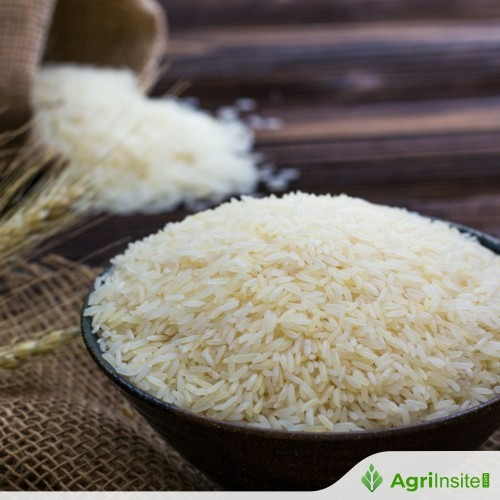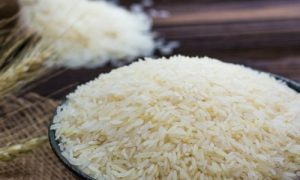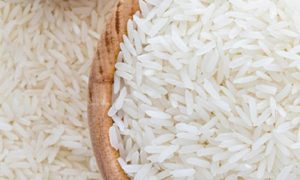Vietnam Rice groups take issue with needless rules

The Vietnam Chamber of Commerce and Industry (VCCI) has raised concerns over draft amendments to rice export regulations, urging the removal of rigid rules that hinder small businesses. Key objections include mandatory ownership of storage facilities, burdensome reserve requirements, restrictions on outsourcing, and harsh penalties for late reporting. The VCCI calls for more enabling policies to support exporters.
In its latest submission to the Ministry of Industry and Trade over a week ago, the Vietnam Chamber of Commerce and Industry (VCCI) has raised key concerns over the draft amendments to Decree No.107/2018/ND-CP and Decree No.01/2025/ND-CP governing rice export activities.
The chamber’s core recommendation is to streamline compliance costs and remove outdated or overly rigid administrative hurdles that hinder private sector growth.
At the centre of the VCCI’s proposals is the removal of the mandatory ownership requirement for rice storage facilities. Under Decree 107, rice exporters must own rather than lease storage warehouses for unhusked or milled rice. The VCCI argues that this requirement runs counter to market principles and raises the barrier to entry for small- and medium-sized enterprises.
“It contradicts the spirit of enabling governance rather than restricting it,” the VCCI stated.
Duong Thanh Thao, deputy director of Ong Tho Rice JSC in Ho Chi Minh City, said that leasing storage is a normal practice in commercial operations. “Our company owns warehouses, yet we still regularly lease additional storage near sourcing regions. If the mandatory ownership rule is enforced, many exporters could lose their licences despite operating lawfully,” Thao explained. “Instead of a blanket requirement, authorities should target cases where leasing is done solely to obtain a licence on paper.”
Equally contentious is the requirement under the revised draft that new exporters must maintain a minimum rice reserve of 1,250 tonnes within 45 days of receiving their business licence, and continue doing so until they record actual export activity.
According to the VCCI, this rule is not only financially burdensome, but also discourages new players from entering the sector, especially when no export contract has been secured. The obligation to acquire and store a large rice volume imposes significant upfront capital requirements and warehousing costs, it emphasised.
Another proposed amendment that the VCCI seeks to overturn is the ban on unlicensed enterprises outsourcing rice exports to licensed firms. Currently enshrined in Decree 01 from this year, the rule significantly limits the ability of production-capable but license-ineligible companies to access foreign markets.
“This restriction reduces the ability of domestic producers to monetise their output via indirect channels,” the VCCI explained. The chamber cited real-world cases where Vietnamese enterprises with export-grade rice were forced to redirect their clients to neighbouring countries like Cambodia and Thailand, where export conditions are more favourable, resulting in lost opportunities for Vietnam.
More critically, such policies risk discouraging investment and could even lead to business closures among smaller rice producers that are unable to meet the current licensing thresholds.
The VCCI also took issue with the proposed penalty mechanism related to reporting obligations. As per the draft decree, an enterprise failing to submit its rice stock report within 45 days of being notified would face licence revocation. The chamber considers this measure overly punitive for what it deems a procedural violation.
“Failure to report should be classified as an admin infraction, not as grounds for losing export rights,” the VCCI said. “While acknowledging necessity for data submission to support state oversight, the chamber recommends monetary penalties in lieu of licence withdrawal. Revocation should be reserved only for cases where a business no longer meets the fundamental licensing conditions.”
Vietnam boasts over 150 enterprises licensed to export rice, six fewer than the number published in February, according to the MoIT. Ho Chi Minh City leads the country with 35 exporters, followed by Can Tho with 33 and Long An with 20.
The Vietnam Food Association reports that more than four million tonnes of rice were exported in the first five months of 2025.
To Read more about Rice News continue reading Agriinsite.com
Source : VIR
















